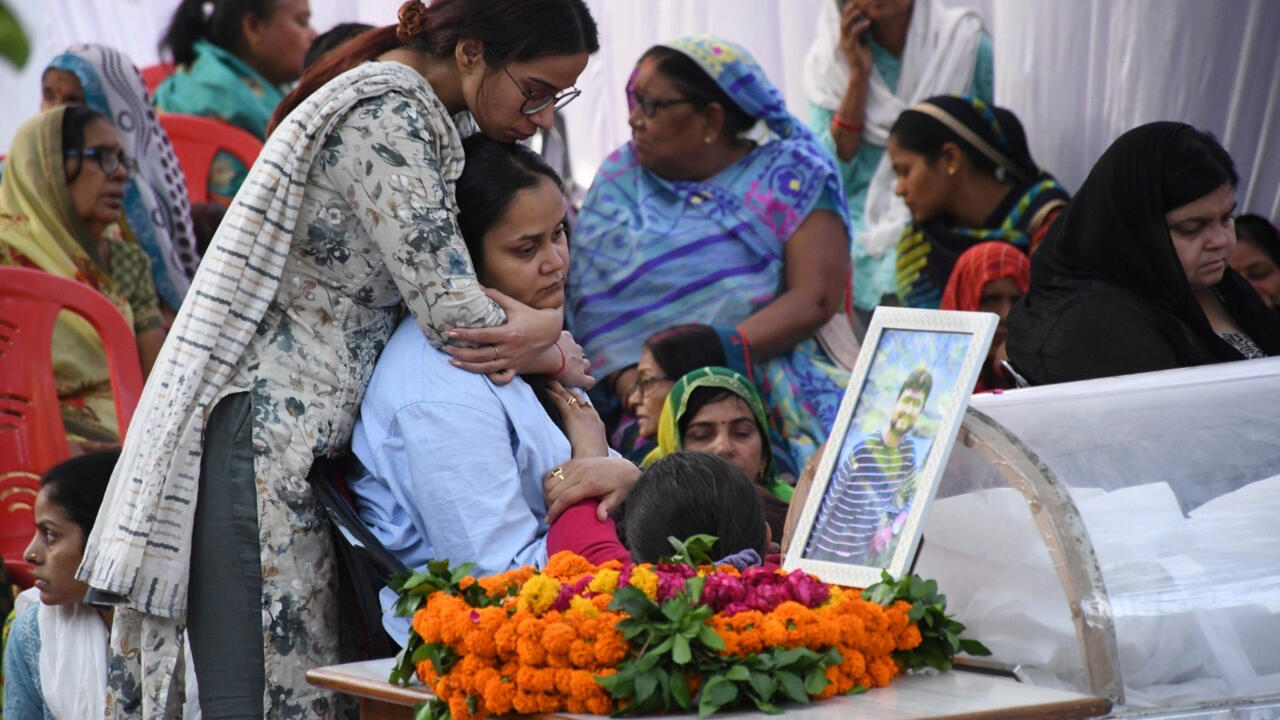Religious Interrogation Turns Deadly: Survivors Recount Chilling Moments Before Kashmir Shooting

In a devastating terrorist assault that has shocked the nation, a brutal attack targeting predominantly Hindu tourists in India-controlled Kashmir has claimed the lives of 26 innocent people. This tragic incident stands as one of the most severe and deadly attacks in the region's recent history, casting a stark spotlight on the ongoing security challenges that continue to plague the volatile Kashmir region.
The shocking violence has not only resulted in significant loss of life but has also reignited intense discussions about the safety and protection of civilians in this disputed territory. Security experts and local authorities are now scrambling to understand the circumstances surrounding the attack and to prevent potential future incidents.
The scale and brutality of this assault have sent ripples of fear and grief through local communities and the broader national landscape, prompting urgent calls for enhanced security measures and a comprehensive strategy to address the underlying tensions in the region. As investigations continue, the incident serves as a grim reminder of the persistent challenges facing Kashmir and the critical need for sustainable peace and security solutions.
